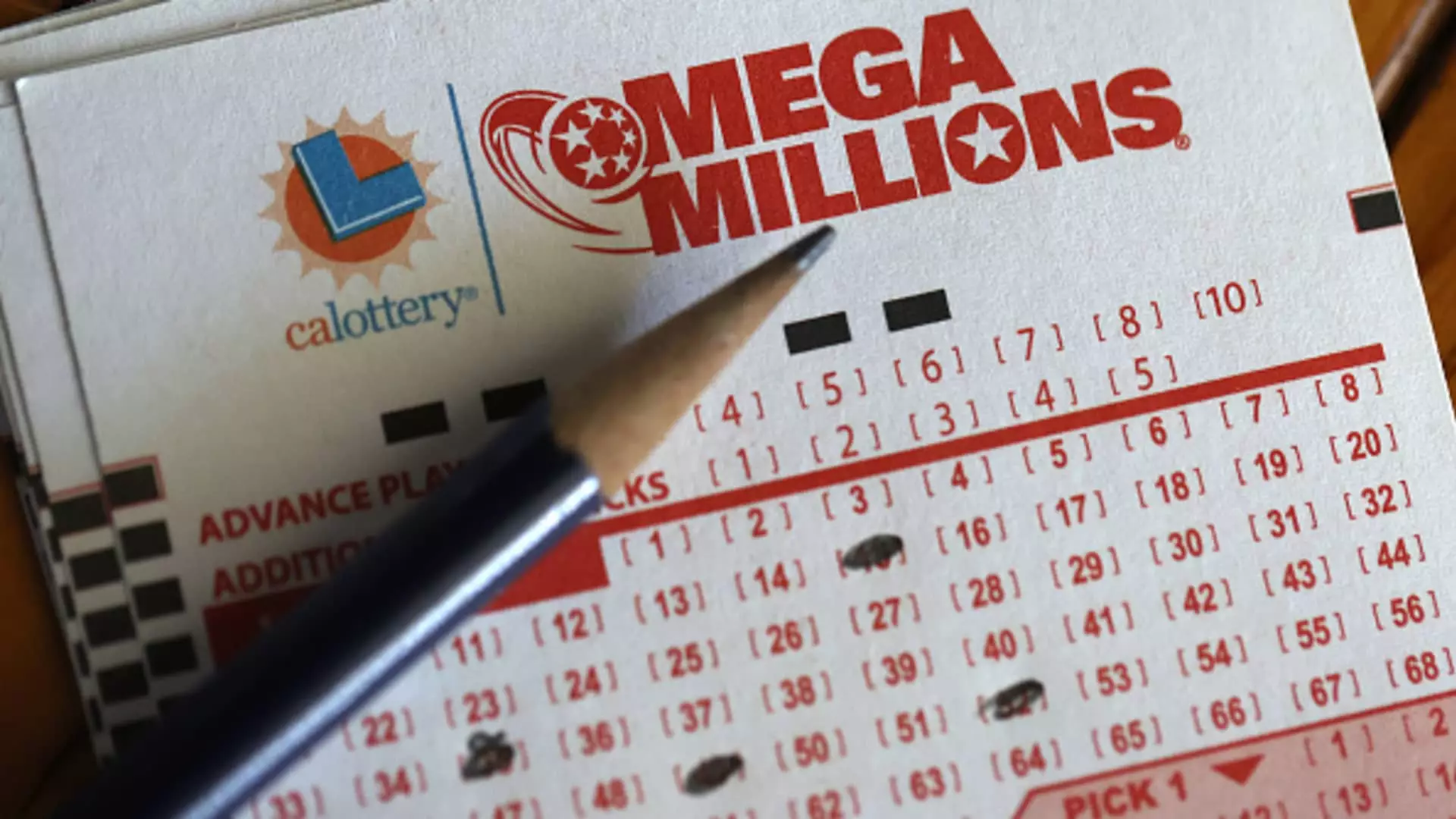The Mega Millions jackpot has reached an astounding $1.1 billion, with no ticket matching all six balls in the recent drawing. While this grand prize is slightly less than last year’s record-breaking $1.6 billion, the winner could still face significant financial pitfalls. If you happen to be the lucky winner, you will have two payout options to choose from. These include a $525.8 million lump sum or an annuity worth $1.1 billion, both of which are pretax estimates.
When it comes to lottery winnings, taxes play a significant role. It is essential to keep in mind that a large portion of your winnings will go towards federal and state taxes. This means that the actual amount you receive will be substantially lower than the advertised jackpot. In fact, Andrew Stoltmann, a Chicago-based lawyer who has represented several lottery winners, highlights that winners often overlook the tax implications until they see a substantial amount being deducted for taxes.
Interestingly, there are eight states, including California, Florida, New Hampshire, South Dakota, Tennessee, Texas, Washington, and Wyoming, that do not impose income taxes on lottery winnings. However, it is crucial to note that you must redeem your winning ticket in the state where it was purchased. This implies that if you bought your ticket in a high-tax state different from where you reside, you could end up paying more in taxes.
Choosing the annuity option, which includes an initial sum followed by 29 annual payments, can potentially help you save on future state taxes. Your decision on where to live post-winning can have a significant impact on the total amount of taxes you will pay. Thus, it is advisable to consult with a tax professional before making any decisions regarding your winnings.
One critical aspect that many lottery winners overlook is protecting their ticket. It is highly recommended to sign the back of your ticket immediately to prevent anyone else from claiming your prize. Additionally, taking photos and scans of the ticket can provide further evidence of ownership. Michael Whitty, a partner at law firm Smith, Gambrell, and Russell, emphasizes the importance of securing your ticket to avoid any disputes over ownership.
In cases where individuals pool their money to purchase lottery tickets, conflicts can arise if a winning ticket is involved. Stoltmann highlights that legal disputes often occur when group ticket purchasers disagree on the ownership of the winning ticket. Therefore, it is essential to have a written agreement that outlines the details of the ticket purchase, including numbers, and how the winnings will be distributed among the group members.
While Mega Millions offers a substantial jackpot, Powerball is another popular lottery game with a massive grand prize. The Powerball jackpot has reached an estimated $800 million, attracting players with the opportunity to win big. The odds of winning the grand prize in Powerball are approximately 1 in 292 million, making it a challenging yet exciting game to participate in.
Winning the Mega Millions jackpot can be a life-changing event, but it also comes with various financial challenges. Understanding the payout options, tax implications, and ways to protect your winnings are essential steps to ensure a smooth and successful claim of your prize. By being informed and seeking professional advice, you can better navigate the complexities of winning a lottery jackpot. Remember, luck may bring you the jackpot, but careful planning will help you preserve and maximize your winnings in the long run.

